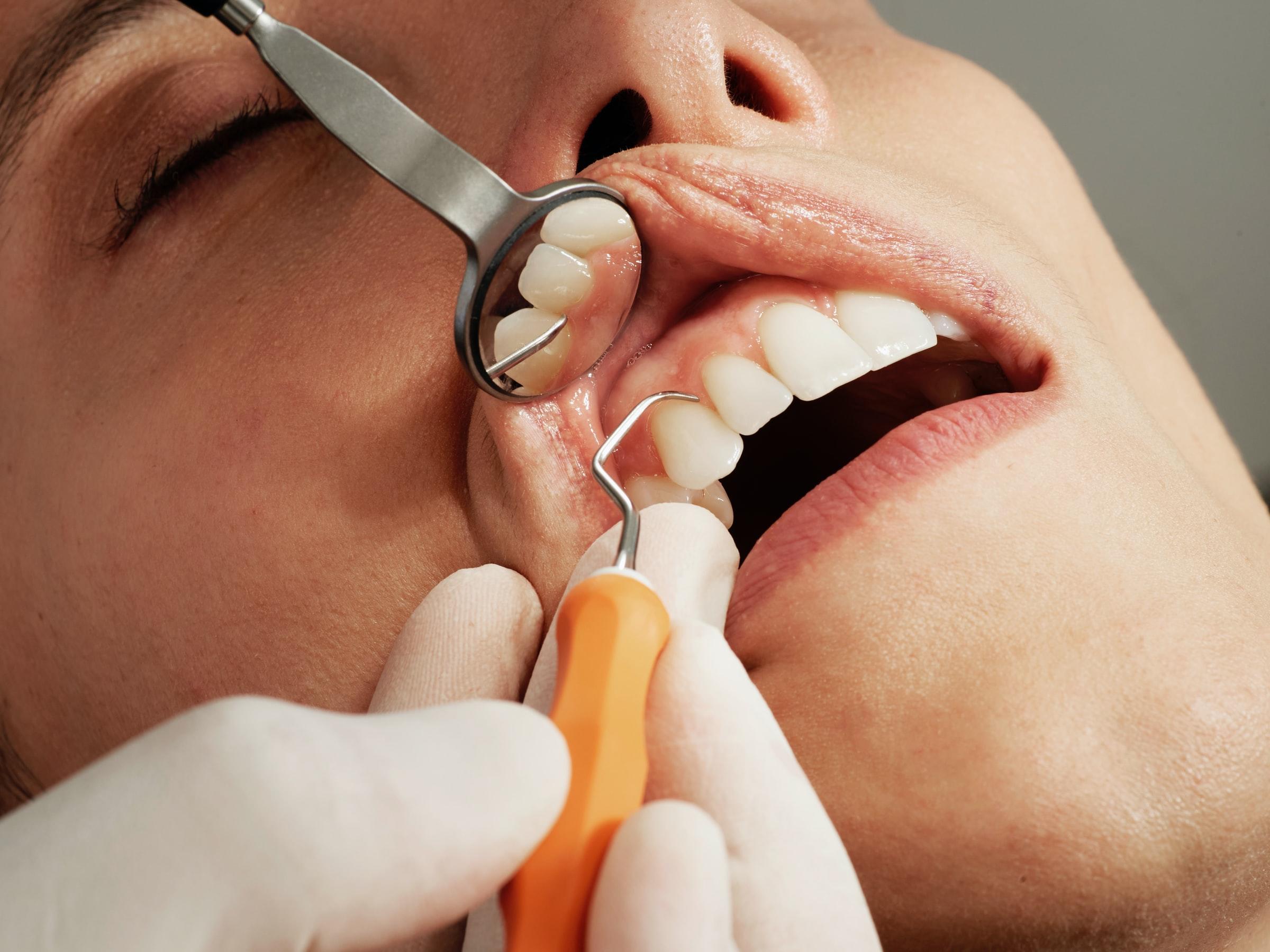"Be kind, for everyone you meet is fighting a battle.”
-Plato
Nurses are trained professionals that understand the different battles that people are going through. Since physical and mental health issues are no joke, nurses want to extend kindness and love to all their patients.
It's important to mention that there's always a constant demand for more nurses in the UK and that will not slow down anytime soon. So, if you want to learn how to become a nurse, you'll be embarking on a career that is rewarding and fulfilling.
While many online resources discuss how to become a forensic nurse, how to become a nurse anaesthetist, how to become a neonatal nurse, or how to become a paediatric nurse, it's worth stating, that in today's article, we shall discuss how persons across the United Kingdom can learn how to become a veterinary nurse, how to become a mental health nurse, and how to become a dental nurse.
Do you know you find out about nursing tutoring here?

How to Become a Veterinary Nurse

Cats, dogs, birds, rabbits, and reptiles are all pets that many people own across the United Kingdom. While having a pet is an experience that is filled with joy, certain moments are less pleasant such as when the animal is sick. That's when you realise that not only do humans desperately need nurses but animals do too!
Becoming a veterinary nurse is a worthwhile career that promises plenty of advantages and rewarding moments.
Vet nurses have various work responsibilities that may change according to where they have found employment; however, primary job tasks include the following:
- Administering drugs, anaesthetics and injections to pets,
- Preparing animals for surgery,
- Cleaning up for the vet after surgery,
- Processing and going over diagnostic tests,
- Providing food, taking animals for walks, grooming pets,
- Talking to and advising owners about caring for and breeding animals,
- Writing and filling out reports about the animals at the clinic.
Vet nurses are the ears and eyes of every veterinary clinic and vets couldn't get everything done if it wasn't for their tireless efforts.
It's worth mentioning vet nurses in the UK can expect to earn anywhere between £17,800 and £38,600 per year; this varies based on the location, their areas of specialities, and past work experience.
The following are the three most typical ways to become a vet nurse in the UK:
- College Degree: the most common way to become a vet nurse, various college degree programs are recognised by the Royal College of Veterinary Surgeons (RCVS). A college certificate in vet nursing doesn't take years to complete yet the right qualifications are acquired.
- University Degree: a university degree in vet nursing can be taken in multiple further education centres across the UK. However, a Bachelor's in Vet Nursing isn't acquired but rather two-thirds of one. Certain prerequisites from a secondary school level are necessary to apply for uni programs in nursing.
- Apprenticeship: another great way to become qualified as a vet nurse is through an apprenticeship. Some veterinarians may hire individuals and slowly teach them the basics of vet nursing. An internship may take years but in the end, you'll be a working vet nurse in the UK.
To have a successful career as a veterinary nurse, skills and abilities such as empathy and communication are highly recommended. Also, as a new vet technician, don't be afraid to ask for assistance and search out online resources for advice.
How to Become a Mental Health Nurse

Taking care of mental health has been a topic that is widely discussed nowadays. Self-care and simple mental health exercises are highly recommended by most psychologists to avoid mental health issues such as anxiety or depression.
It's worth stating that to deal with the added number of patients who are struggling with a mental health disorder, there is a major need for mental health nurses in the UK. Thankfully, there are various reputable further education centres in England, Wales, and Scotland that offer BSc degrees in mental health nursing such as Swansea University, City University London, The University of Greenwich, The University of Southampton, and Leeds Beckett University.
To be eligible to work in most public and private hospitals and clinics in the UK, students must ensure that their certification in mental health nursing has been accredited by the Nursing and Midwifery Council (NMC).
After becoming qualified with a university degree, psych nurses accept apprenticeships to gain on-the-job experience that will help them decide which part of mental health nursing they wish to work in. Thereafter, new nurses can begin applying for jobs within their desired area.
But, what are the job responsibilities of mental health nurses? The following list highlights primary work tasks:
- Caring for patients with serious conditions,
- Building relationships and responding to the physical and emotional needs of patients while delivering effective care to all,
- Giving medications and specific treatments to all patients and monitoring the results and symptoms,
- Dealing with the symptoms of mental illness in patients,
- Reducing stressful situations and helping patients overcome potential challenges,
- Interacting with the families and members of the staff to guarantee that everyone is on the same page offering practical advice and information,
- Maintaining patient records,
- Creating care plans and risk assessments to show the patient's doctors,
- Organising group therapy sessions and social events.
Also, it's worth mentioning that to complete the aforementioned duties more successfully, psych nurses are wise to hone skills such as empathy, critical thinking, and reliability.
Once all the accreditations have been acquired and completed, entry-level psych nurses can expect to earn a salary of approximately £25,000 per year. After some years of experience, mental health nurses in the Greater London area can expect to earn more than £45,000 annually.
While it's not the most prosperous career, psych nurses have an intriguing job that is constantly rewarding and enjoyable!
How to Become a Dental Nurse

Dental hygiene is extremely important and should become a priority for most people. Thanks to the tireless work of dentists and their dental nurses, people across the UK can effectively maintain their teeth. If you want to take part in helping Brits develop a whiter smile, we highly recommend considering a career as a dental hygienist or nurse.
Dental nurses can become certified within a few years of study at qualified further education centres in the UK. The following list highlights some of the essential ways to become a dental nurse:
- Get a Degree: there are dental nursing or dental assistant training courses at universities and vocational learning centres in the UK that last between one and three years; there are even some BSc programs for dental nursing. We greatly suggest consulting with academic advisors and looking at various degree programs before choosing the first one you find.
- Work as an Intern: after a degree has been completed, receiving on-the-job experience as an intern is the next step to becoming a dental health nurse. Being an intern at a dental clinic allows you to get the practical training you need and many interns are later hired by their dentists.
- Become Certified: to work as a dental health nurse in the UK, you'll need to receive a certificate from the General Dental Council. Some of the GDC certifications include a Degree in Dental Nursing, a Certificate of Higher Education in Dental Nursing and the Level 3 Diploma in Dental Nursing.
Aspiring dental health nurses should expect to spend anywhere from three to five years to become fully certified in the United Kingdom. To make the studying process and the working career as smooth as possible, dental nurses should heed the following tips:
- Improve Your People Skills,
- Pay Attention to the Details,
- Stay Organised.
If you listen to the previously mentioned suggestions when studying to become a dental nurse, you will enjoy a fantastic career!
But, what are some of the daily work tasks of a dental health nurse? Take a look at the following list:
- Sterilise dental equipment,
- Take notes when the dentist works with a patient,
- Check-in and greet patients at reception,
- Prepare materials for the dentist,
- Provide help during surgery,
- Rinse patients' mouths during procedures,
- Give equipment to the dentist during procedures.
If you don't mind completing the previously mentioned tasks regularly and you think you have what it takes, what's stopping you from becoming a dental nurse? Start learning more today through a qualified program or with a dental nurse tutor on Superprof!
In conclusion, how to become a nurse in the UK has never been so easy thanks to this comprehensive guide that explains the process of becoming qualified to work as a vet, mental health, or dental nurse. You are about to become equipped for a rewarding career!
Summarise with AI:















